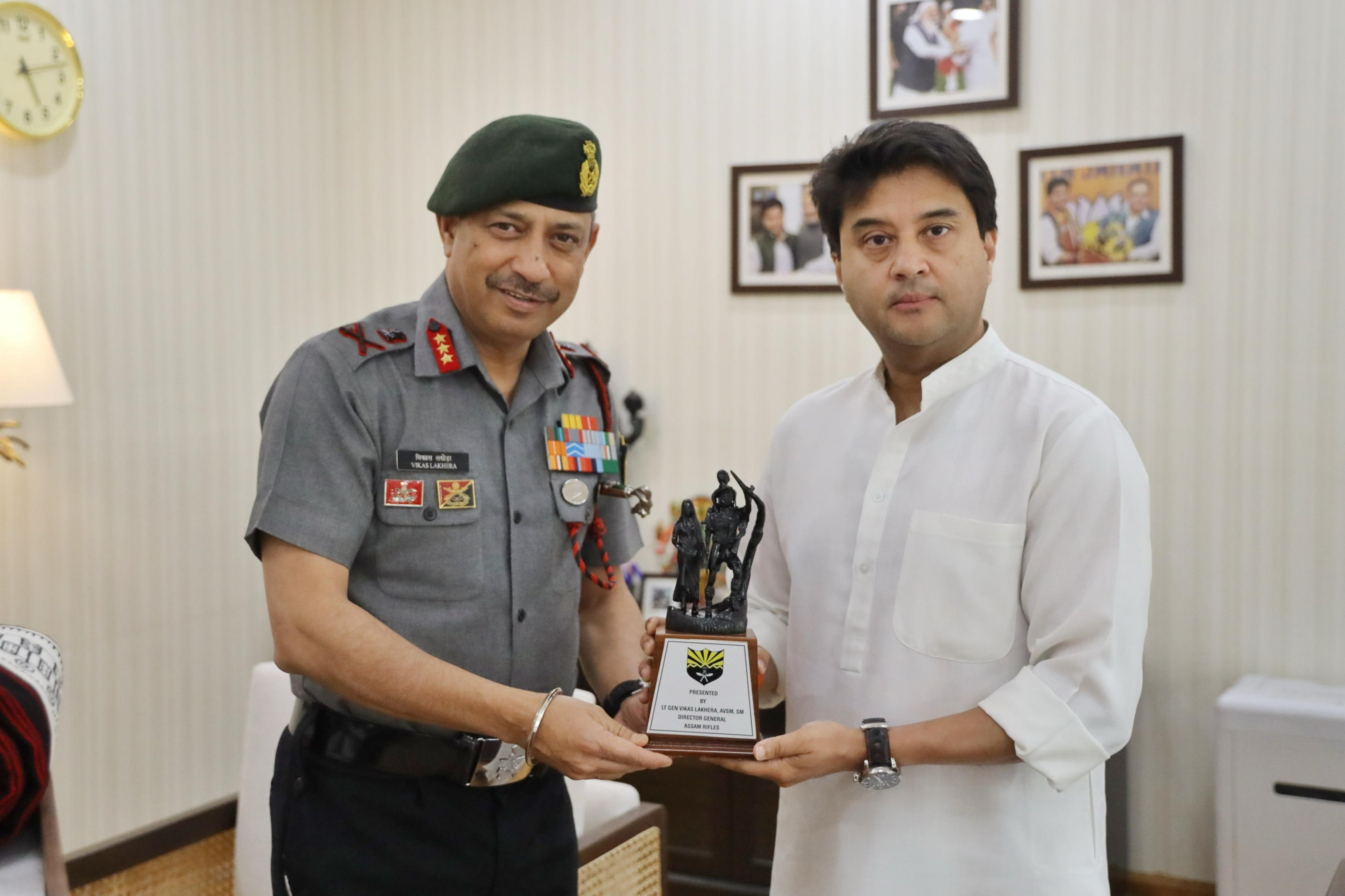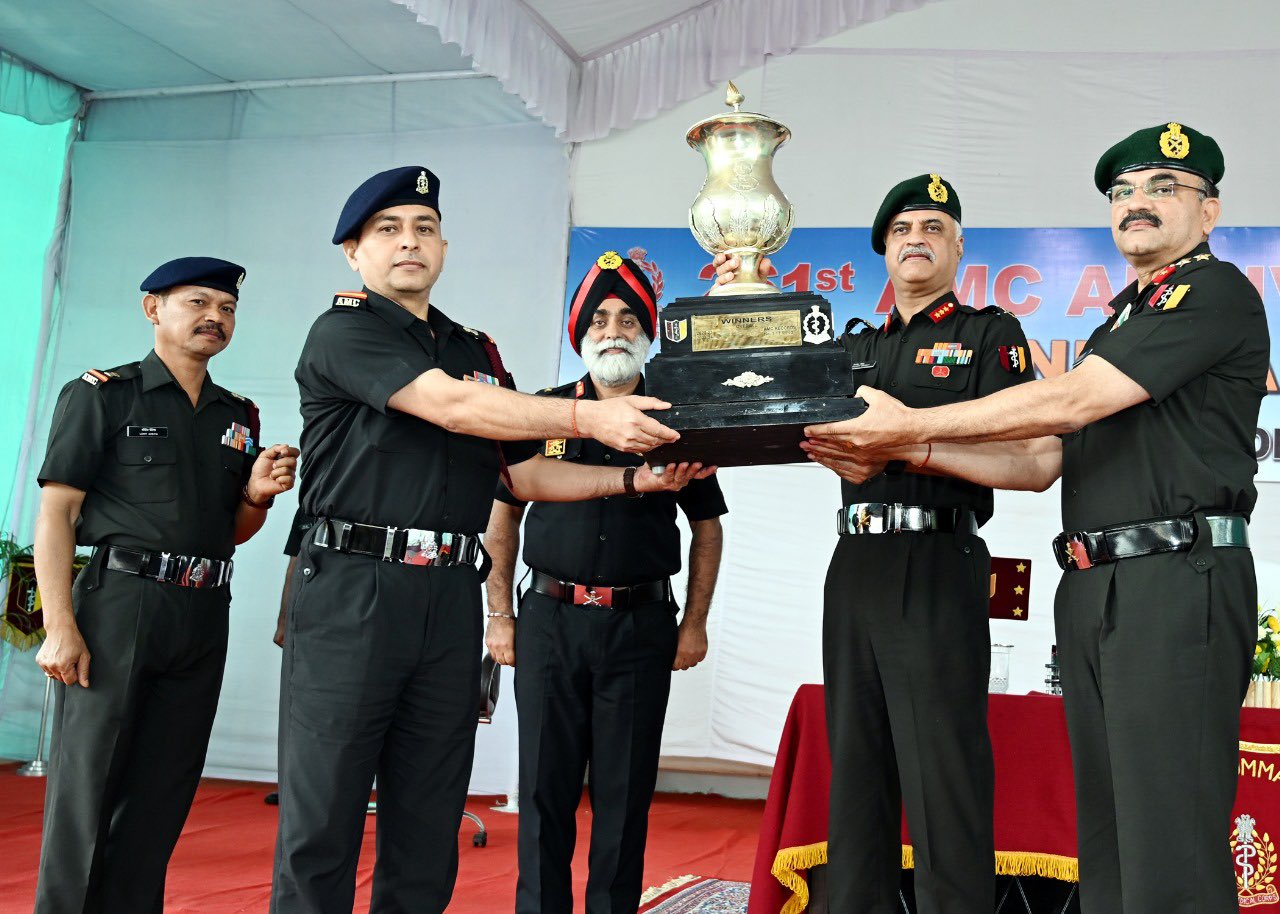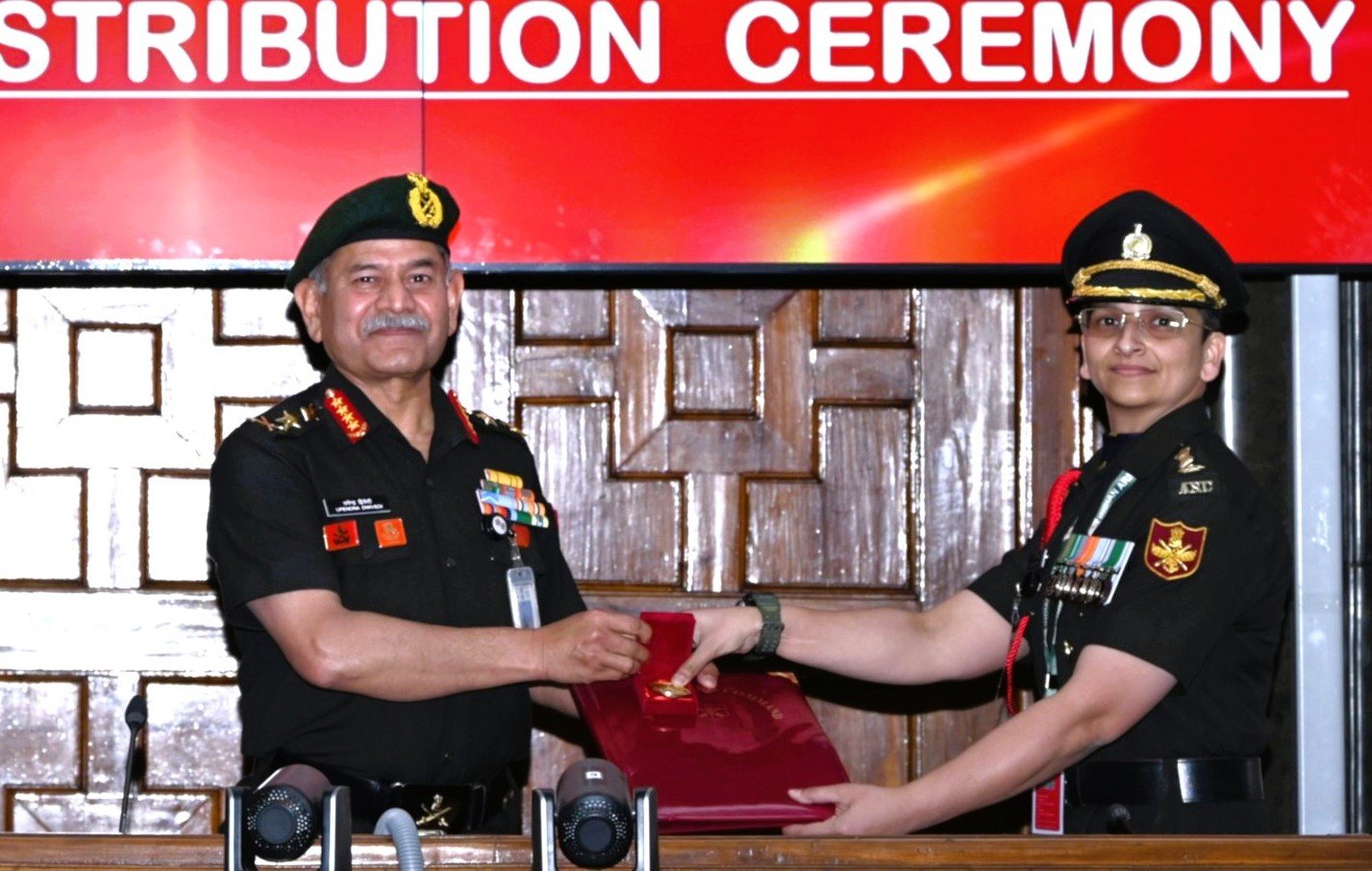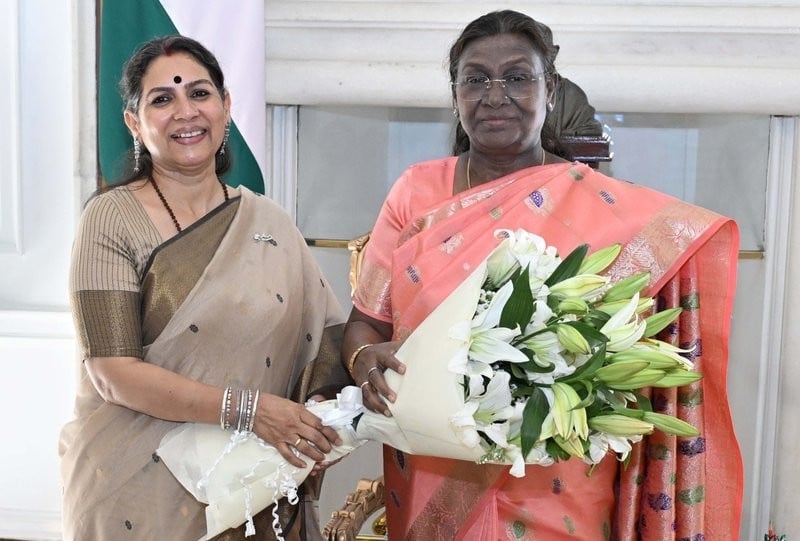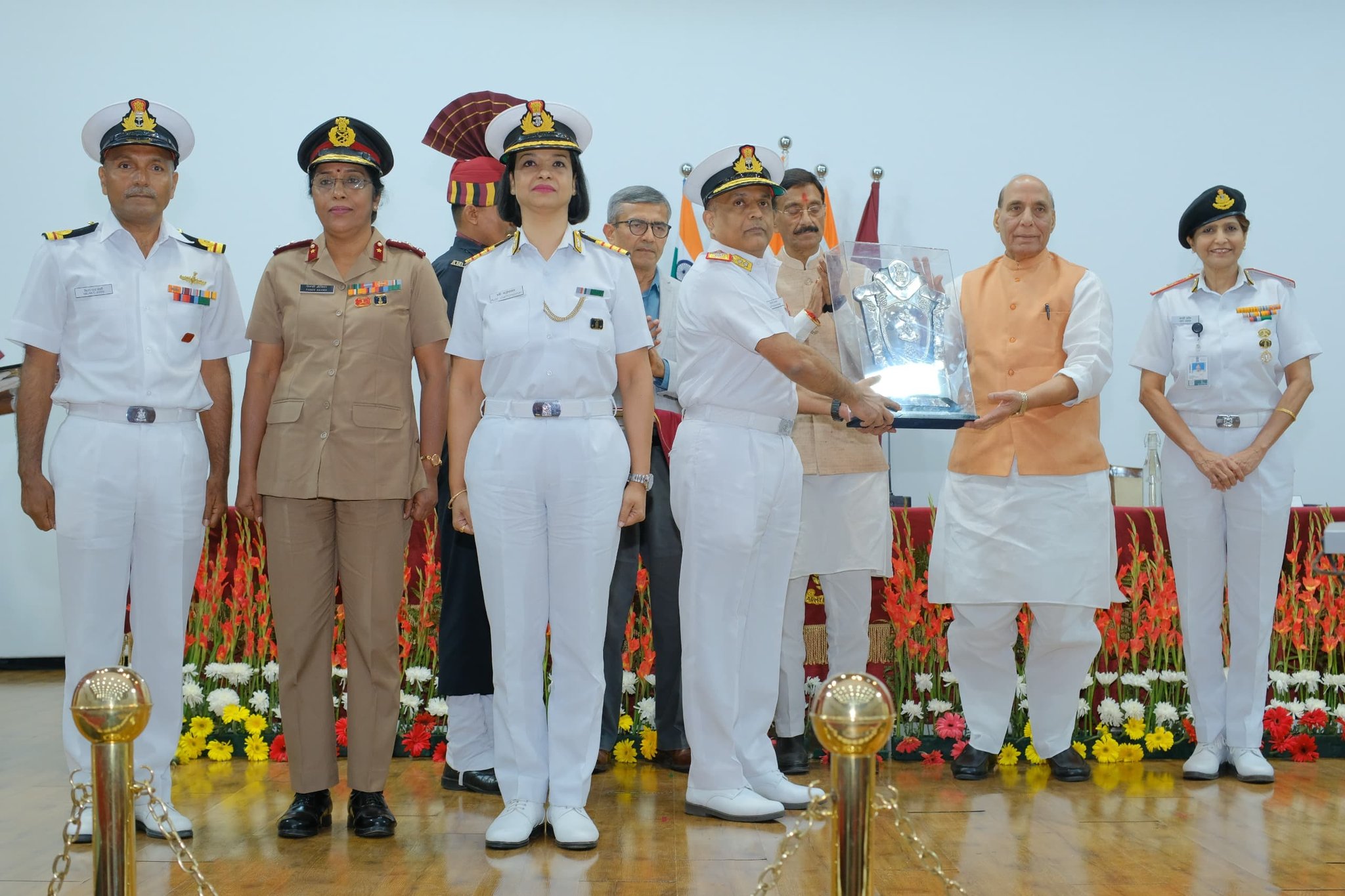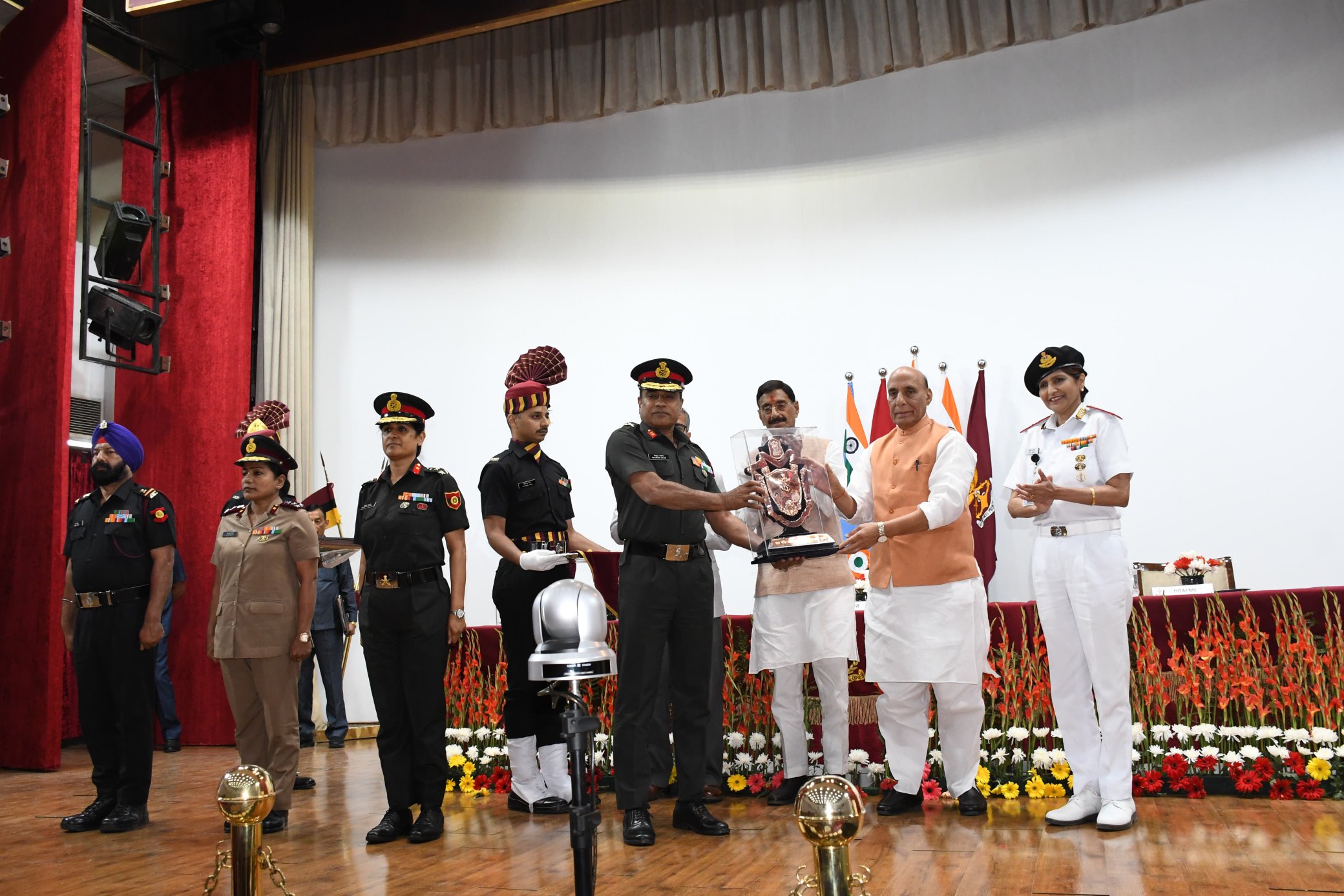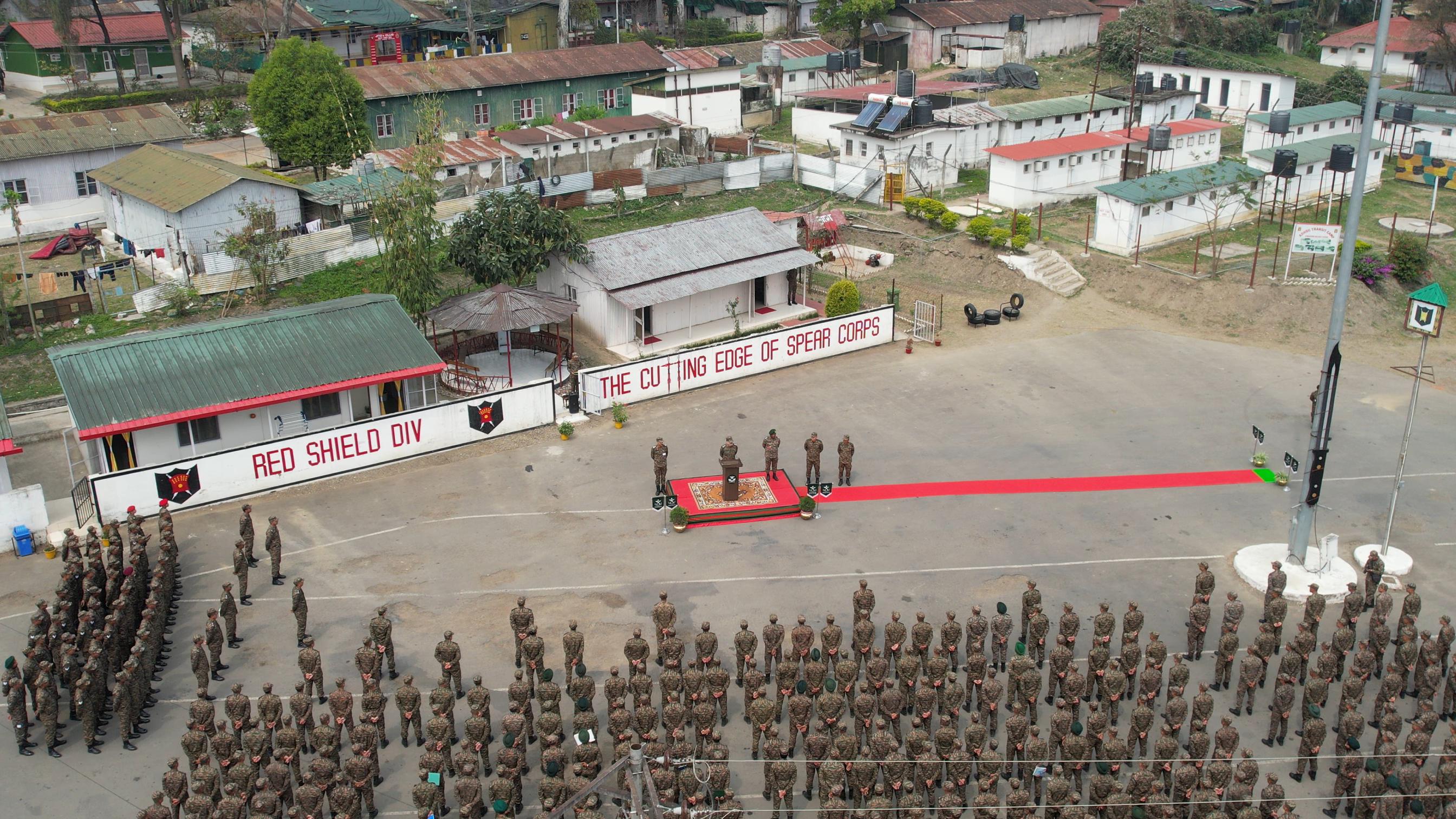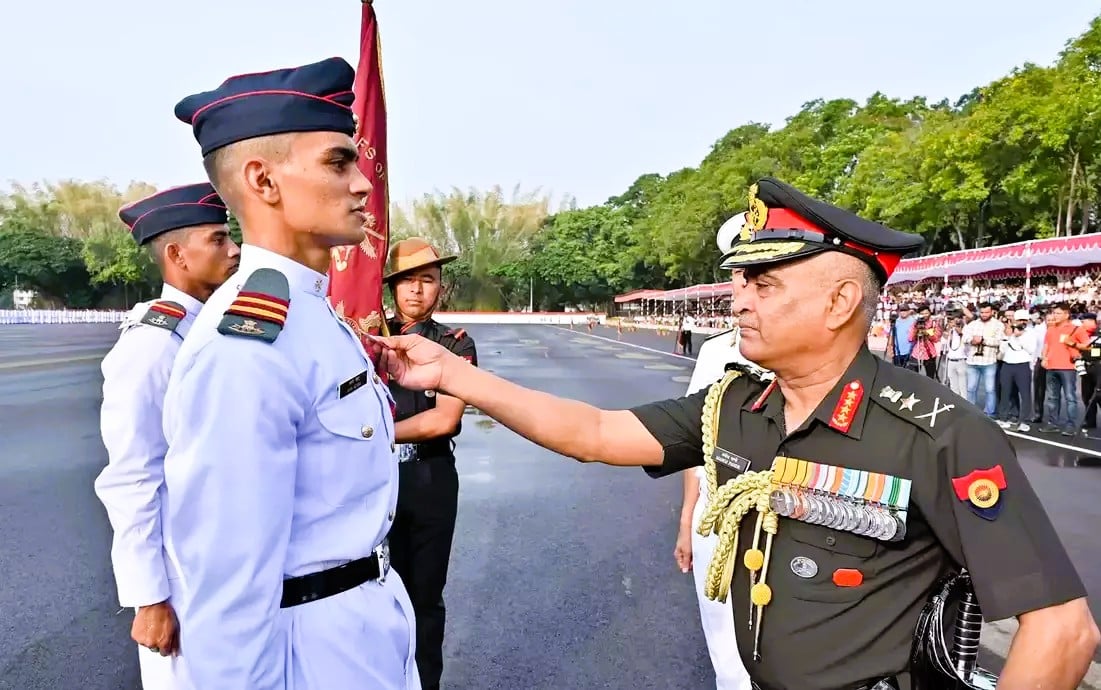The partition of India in 1947 not only led to the division of the country into India and Pakistan, but it also had a significant impact on the British Indian Army. This historic event, which resulted in immense bloodshed and loss of life due to communal riots, saw millions displaced and led to widespread violence rooted in the communal tensions fostered by British colonial policies over decades.
As India gained independence on August 15, 1947, the British Indian Army was officially disbanded the day before, with an order signed by then-commander Field Marshal Sir Claude John Eyre Auchinleck. The disbandment marked the beginning of a tumultuous transition as soldiers were given the choice to either join the newly-formed Indian Army or the Pakistani Army. However, this choice was heavily influenced by their religious identity—a decision aimed at minimizing communal strife.
According to historical accounts, Muslim soldiers were effectively mandated to join the Pakistani Army, while Hindus and other non-Muslim soldiers were restricted to the Indian Army. This segregation was indicative of the deeply rooted communal divides exacerbated by the partition. Reports indicate that approximately 140,000 soldiers chose to join the Pakistani Army, while around 260,000 opted to become part of the Indian Army.
The aftermath of the partition left very few Muslim soldiers in the Indian Army. Amid the chaos and violence, the conversion of service was skewed heavily in favor of the Pakistani Army for Muslim soldiers. Records suggest that only 554 Muslim officers remained in the Indian Army post-partition, a stark decline from the 36 percent representation Muslims had in the British Indian Army prior to the division, plummeting to a mere 2 percent in the newly formed Indian Army.
The partition also necessitated the division of resources, including weaponry and equipment, between the two nations, which were already operating with limited means. The command structure of the British Indian Army was reorganized with India receiving eight of the twelve military commands, while Pakistan was allocated four.
The events surrounding the partition and the subsequent military reorganizations underscore not just a territorial division but a significant and painful chapter in the military history of both nations that continues to resonate today. The choices made during this tumultuous period had long-lasting implications for the composition and functioning of the armed forces in both India and Pakistan.



